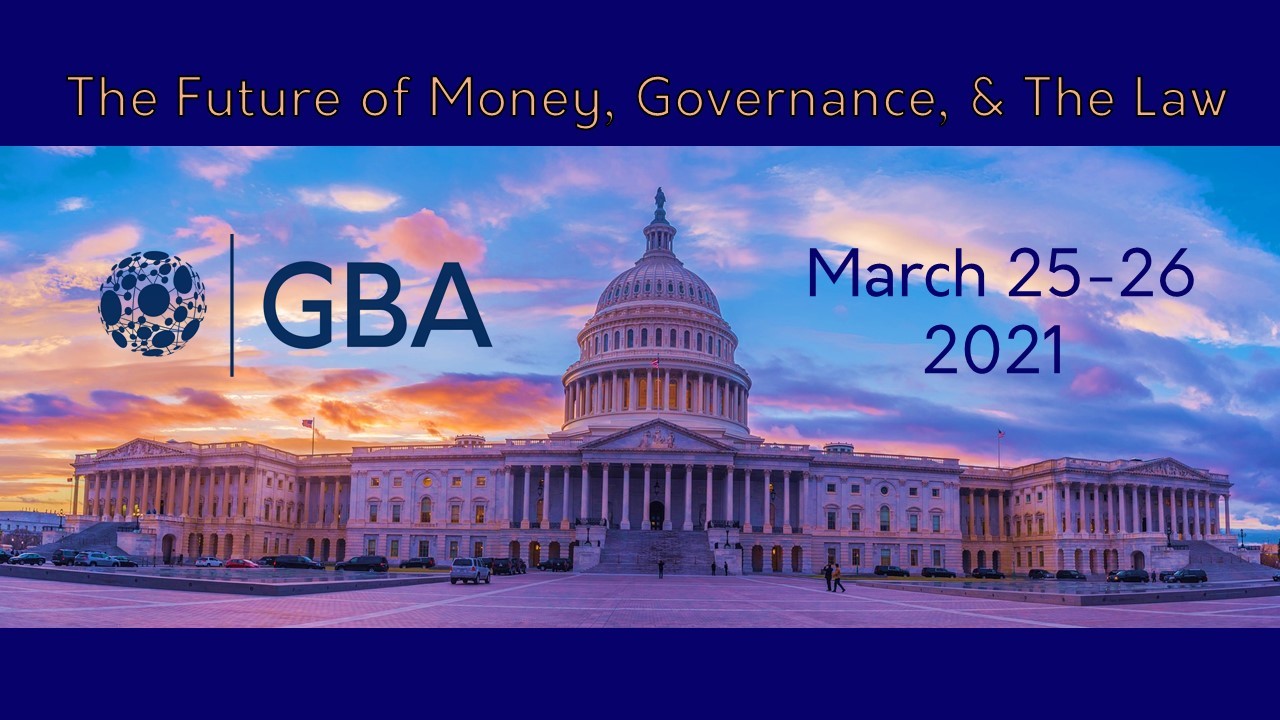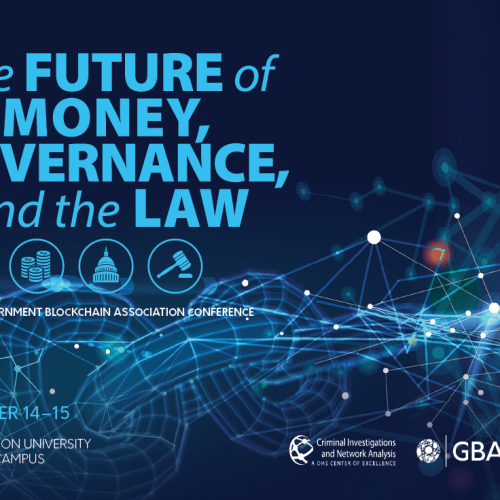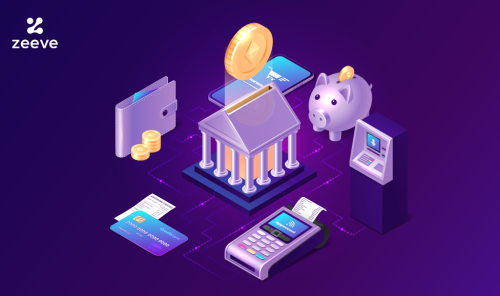GBA Event Series: The Future of Money, Governance, and Law
The GBA is planning to continue the series of events on
“The Future of Money, Governance, and Law“
These events are sponsored by GBA Chapters around the world and attempt to look decades into the future and ask questions like if peer-to-peer currencies are adopted in mass, and banks are disintermediated:
- How will governments monitor economic and illegal activities?
- How will governments collect taxes?
- How will nations manage economic policy?
- How will the mass adoption of cryptocurrencies impact the value of reserve currencies?
- How will the mass adoption of cryptocurrency impact the government’s ability to manage debt?
These are only some of the questions that governments around the world must begin to address. It is possible that a global economic change could sweep the world very quickly? Could government institutions, legal and regulatory frameworks, and systems respond fast enough? What happens if there is a major and sudden paradigm shift in the very nature of money? We need to begin to ask ourselves these questions. And, these questions are not unique to one government or department. Every government entity in the world will be impacted by this issue. We need to address this now.
Here are the major tracks revolving around the future of:
Track 1: Money
- A world without banks
- Money without inflation
- Money without borders
- Money without fractional reserve banking (Hard Money)
Track 2: Governance
Governments use banks and financial institutions to monitor, influence and enforce legal compliance. But, what happens when major sectors of a population engage in peer-to-peer transactions without financial institutions. How can governments perform their functions of maintaining an orderly society when a significant instrument of power erodes or dissolves. We will look at topics including:
- How do governments collect taxes when transactions bypass financial institutions
- Alternative revenue generation methods
- Tokenomics
- Crowdfunding
- Mining
- Law enforcement and intelligence officials use financial institutions to identify and arrest criminal activity and national security threats. However, without financial institutions, what tools are available to government including AI and data analytics to use blockchain and cryptocurrency to enforce laws and standards.
- Transparent earmarking/ radical transparency
- Digital, not geographical, citizenship; citizenship without borders
- Voting
- Implicit voting … (using proxies to determine the sentiment of citizens)
Track 3: The Law
Smart contracts create new situations that may challenge the traditional legal system. Public blockchains and smart contracts respond to software code and algorithms and potentially AI. Judges and legal systems may not have any control over some transactions. Further, the very concept of entities and ownership may change. Our existing legal framework may need to change to prepare for a world where the software as the code is supreme rather than the code written in books. Some topics discussed in this track include:
- What is THE LAW? Tracking the legal code, regulations, and judicial decisions to understand the LAW, now and in time.
- Can the law be expressed as software code
- How will the law treat Sovereign Autonomous Organizations (SAO)
- Digital dignity implemented via MID’s
- Digital sovereign rights, digital property.
- Privacy in a transparent world
- Privacy and identity implemented through personas
- Digital reputation and identity
General Format
- Keynote addresses with breakout sessions
- Ample time and events for networking
- Exhibit area for sponsored tables and booths will be available
To join the planning committee, please contact Gerard Dache at gerard.dache@GBAglobal.org
Speakers:
We are seeking several categories of speakers. They include:
- Futurists
- Government executives with experience implementing blockchain programs
- Government legislators with blockchain legislative experience
- Government regulators with experience regulating blockchain-based assets
- Government contractors with experience deploying blockchain solutions
- Banking & financial executives with experience managing blockchain-based assets
- Legal experts with experience advising clients implementing blockchain solutions
- Economists who have studied the impact of cryptocurrencies on traditional financial systems
- Technologist with an understanding of the array of blockchain technologies
See the List of Future of Money, Governance, and the Law Events.
If you are interested in speaking at a GBA event, please fill out the form below.
[gravityform id=”20″ title=”true” description=”true”]







Responses